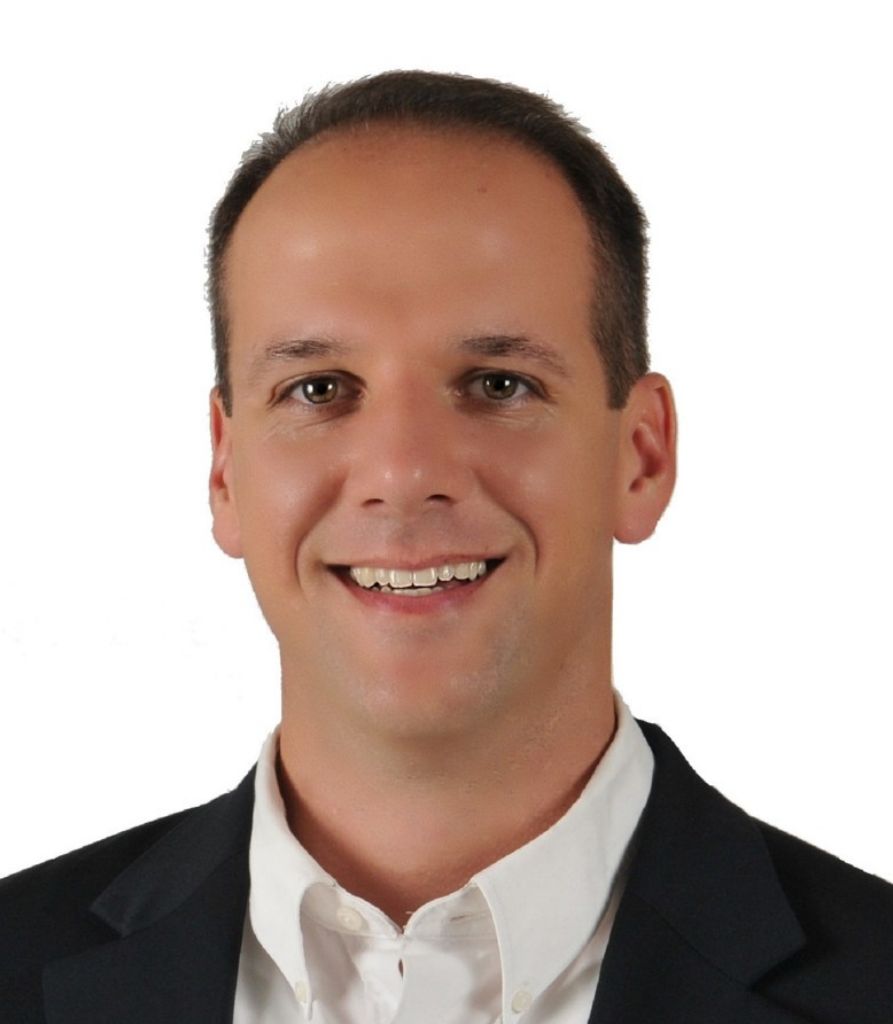By Mark Ziety, CFP®, AIF®, Financial Advisor, WisMed Financial

“Those who work their land will have abundant food, but those who chase fantasies have no sense.” This ancient advice from Proverbs illustrates the importance of financial fitness.
There are many ways to gain control of your finances; you can increase earnings, decrease spending, start saving more (short-term and longer-term) and implement debt management. For many, earnings are difficult to influence in the short-term, so tackling the spending side of the equation will yield the quickest results. Below we consider six principles that will help you get into financially fit shape wherever you find yourself in life.
Six principles for financial fitness
“An investment in knowledge pays the best interest.”—Benjamin Franklin
- Set goals. If you don’t have concrete financial goals, both short and long term, reaching some kind of level of financial fitness becomes much more problematic. Simply put, you don’t have a destination. You are financially adrift. As George Harrison has noted, “If you don’t know where you’re going, any road will take you there.”
Short-term goals you might consider: Establishing an emergency fund with three to six months of cash or saving for a vacation, a car or a down payment on a home. Long-term goals: college savings for your kids and saving for retirement—at least 15%.
- Know which of the four buckets your income lands in. Use the four Fs: Fixed, Future, “Ph”ilanthropy and Fun.
- Fixed are your survival expenses like housing, utilities, groceries and transportation. It is not recurring subscriptions each month – those belong in the Fun category.
- Future is often retirement savings, but shorter-term goals like paying cash for a vehicle or college expenses for kids belong here too.
- A financially fit person has extra to help those in need, so Philanthropy is one of the four buckets.
- Fun rounds out the buckets and is self-explanatory.
- Your lifestyle shouldn’t exceed your income. If it does, you are burning through savings or taking on debt, and your stress level will reflect it.
Excessive spending leads to financial stress rather than financial fitness. You want financial space in your life. You want ‘money at the end of the month,’ not ‘month at the end of your money.’
- Invest wisely. The proper mix of investments will be influenced by your financial goals, both short and long term, and other various factors. A diversified portfolio that crosses the spectrum can reduce risk and enhance your return over the long run.
“Don’t look for the needle in the haystack. Just buy the haystack!” advises John Bogle, founder of Vanguard. In other words, diversify!
We are here to assist you with that. Our recommendations are tailored to your financial goals and your unique circumstances. Accumulation of wealth over a longer period is our goal. We believe it should be yours, too.
“Investing should be more like watching paint dry or watching grass grow. If you want excitement, take $800 and go to Las Vegas,” says Paul Samuelson, the first American to win the Nobel prize in economics.
- Enjoy your retirement. Many enter retirement after accumulating wealth over decades. They have learned how to save. For some, suddenly relying on that savings rather than earning income from labor seems like a daunting leap, one they may be ill-prepared to make. It doesn’t have to be that way.
While your tolerance for risk (losing money) may change, we might recommend a portfolio that allows for a degree of growth and a spending rate that ensures your finances last longer than your retirement.
- Protect your assets. Do you have life insurance, health insurance and personal liability insurance? Do you have a will and estate plan? Who are your beneficiaries? What happens if you become disabled? Do you have a trusted advisor to handle your affairs?
If you own your home without a mortgage, do you have homeowners’ insurance? Surprise, not all do. If you rent, renters’ insurance is cheap. It’s a must-have protection.
Absorbing the fundamentals—the foundation for success
Every situation is unique. You may have mastered the fundamentals, and only need to apply the principles we highlighted selectively, plugging small holes and shoring up your finances. Or a more aggressive approach might be in order. Focus on one theme at a time. Some might apply, while others don’t.
Having said all that, you are not alone on a financial lifeboat. We are always here to assist.
For personalized help eliminating debt, investing smart and securing retirement, please contact Mark Ziety, CFP®, AIF® 608.442.3750.
Mark Ziety, CFP®, AIF®
WisMed Financial, Inc. part of the Wisconsin Medical Society
